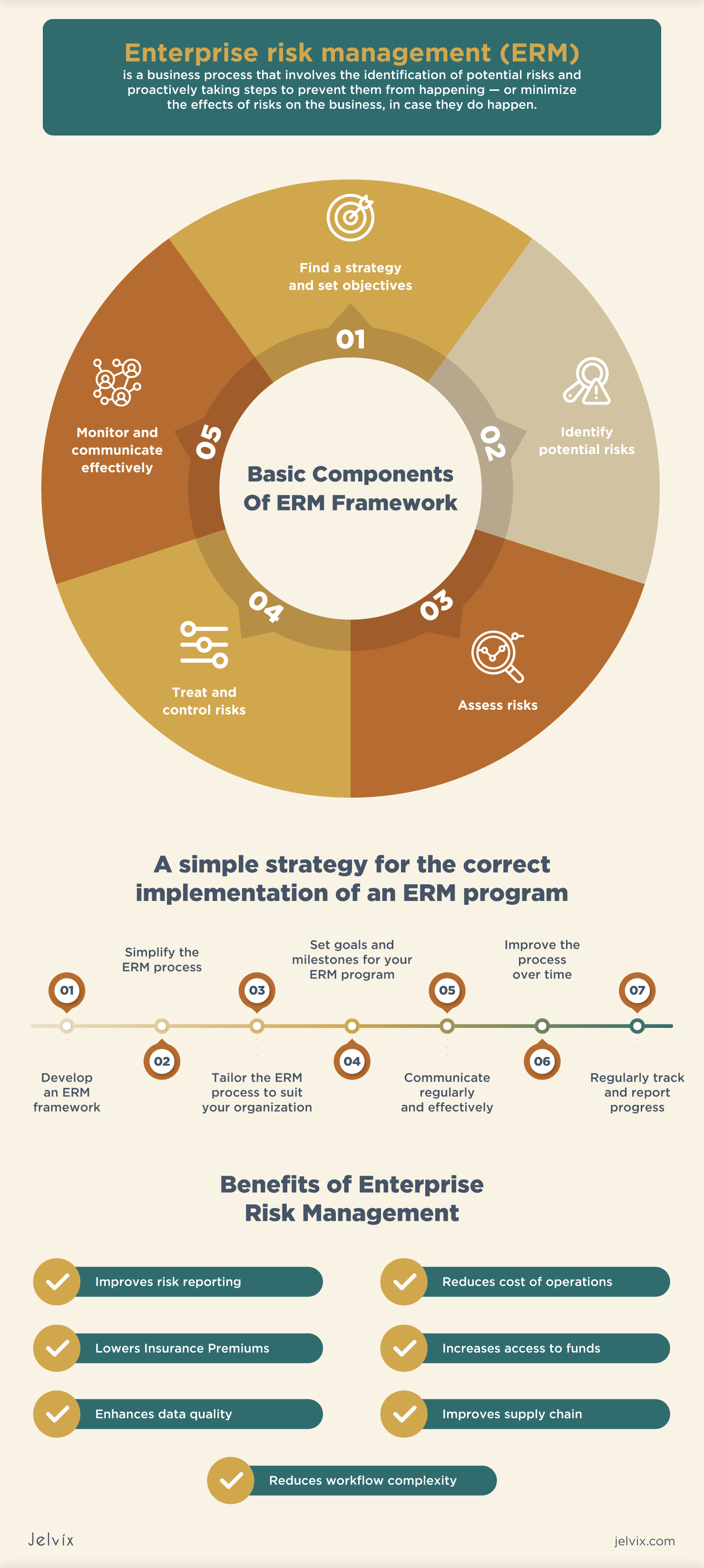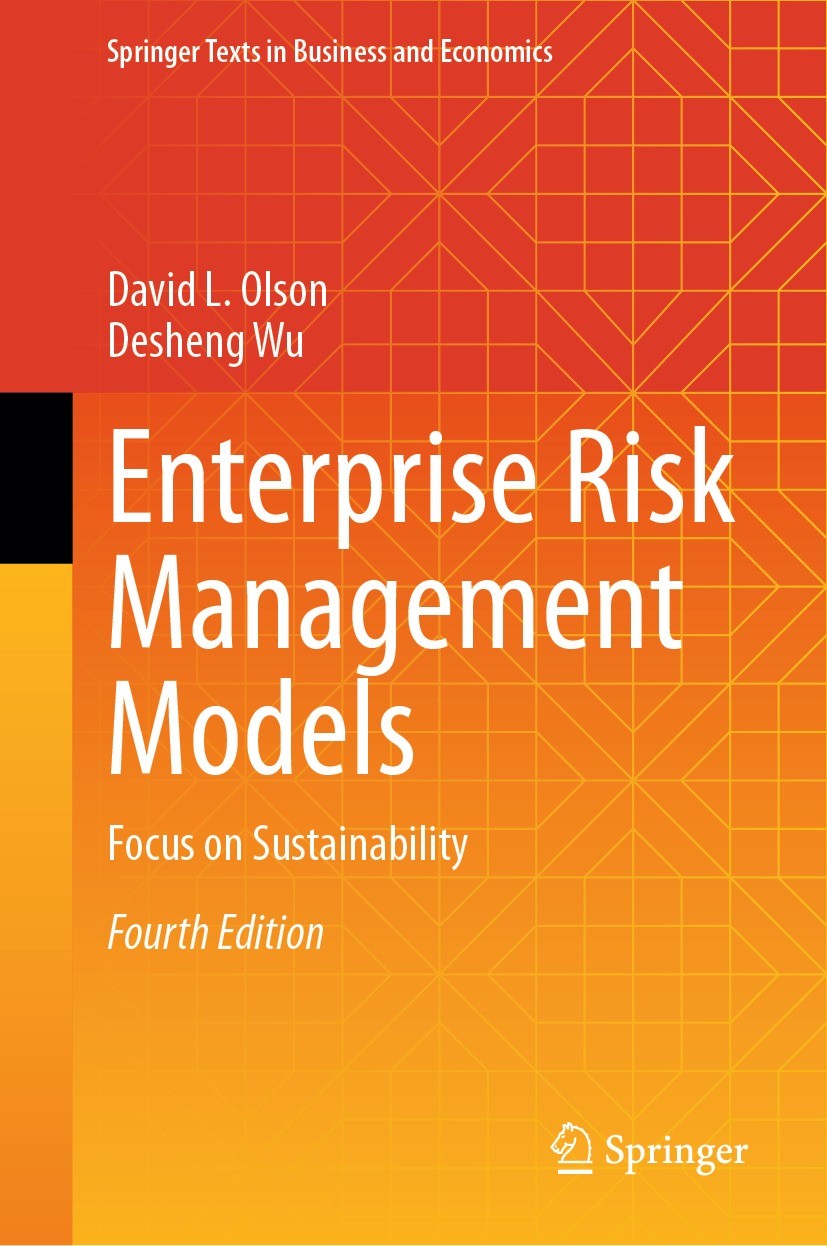Discover the Function of AI in Supporting Ethics and Integrity to Combat Expert Threats Successfully
The assimilation of AI in organizational frameworks has actually become pivotal in attending to expert threats. By using sophisticated analytics and real-time surveillance, AI systems can identify inconsistencies from honest habits among employees (Insider threats). This aggressive strategy not only boosts compliance but likewise promotes an atmosphere of depend on. As companies increasingly count on these modern technologies, concerns emerge about their performance and potential implications for workplace culture. What exists ahead in the advancement of AI's role in promoting stability?
Understanding Insider Dangers and Their Impact on Organizations
Although companies typically concentrate on external hazards, insider hazards position a significant danger that can undermine security and honesty. These dangers arise from individuals within the company, such as professionals or workers, that might misuse their accessibility to sensitive information for individual gain or malicious intent. The influence of expert hazards can be severe, leading to financial losses, reputational damages, and lawful implications.
Aspects adding to expert risks consist of dissatisfaction with the office, absence of oversight, and insufficient staff member training on protection protocols. Organizations usually have a hard time to identify these threats, as they can be tough to discover up until substantial damages has occurred. Avoidance approaches must focus on cultivating a society of trust and responsibility, together with applying robust monitoring and reporting systems. By acknowledging and resolving the intricacies of insider threats, organizations can improve their security stance and shield their valuable properties from inner risks.
The Advancement of AI in Workplace Security
As companies increasingly confront diverse safety obstacles, the integration of expert system (AI) in work environment safety has developed substantially. AI applications concentrated largely on automating fundamental safety protocols, such as access control and monitoring. However, improvements in artificial intelligence and information analytics have actually changed AI into an aggressive tool with the ability of identifying prospective risks and vulnerabilities in real-time.
Organizations currently take advantage of AI-driven systems to evaluate huge amounts of data, allowing them to discover strange actions that may show insider hazards. This evolution has brought about the growth of innovative formulas that can pick up from historical occurrences, boosting the system's anticipating capabilities. In addition, AI devices are increasingly used to streamline event action processes, allowing safety teams to act swiftly and efficiently.
Just How AI Monitors Employee Behavior for Ethical Conformity
Synthetic intelligence plays a crucial role in monitoring staff member behavior to assure honest conformity within organizations. AI systems evaluate vast quantities of data generated by employees, including communications, purchases, and access to delicate details. By employing innovative algorithms, these systems can recognize deviations from established moral standards and business plans.
Artificial intelligence versions continuously adapt to recognize patterns of actions that might indicate honest breaches, such as unapproved information access or unusual deal tasks. Insider threats. Furthermore, AI-driven tools can supply real-time signals to monitoring, promoting prompt treatments when potential risks are identified
The combination of AI right into conformity surveillance not just enhances the organization's ability to support stability yet additionally promotes a society of accountability among employees. By advertising openness, AI systems offer as a deterrent against unethical actions, ensuring that employees continue to be aligned with moral requirements and organizational values.
Evaluating Patterns: Identifying Risky Habits With AI
An expanding variety of companies are leveraging AI to evaluate patterns that may indicate risky behavior amongst employees. By using innovative formulas, these systems can look with substantial quantities of information, determining anomalies in individual actions that might suggest possible insider threats. AI can discover unusual access patterns to delicate information, such as workers accessing data outside their usual extent of work or during atypical hours. In addition, behavioral analytics can highlight frequent modifications in an employee's interaction style or cooperation behaviors, which might signify underlying concerns. This positive method makes it possible for organizations to determine danger aspects prior to they intensify right into considerable hazards. As a result, the integration of AI right into keeping an eye on practices not only boosts protection however also promotes a society of accountability and moral behavior. By identifying these patterns, companies can much better understand the behavior characteristics within their workforce, eventually advertising a safer and a lot more moral workplace.
Real-Time Insights: Immediate Feedbacks to Potential Risks
Real-time insights via predictive analytics and automated alert systems play a necessary duty in dealing with possible hazards to values and integrity. By leveraging these modern technologies, organizations can prepare for high-risk behaviors and respond quickly to alleviate threats. This proactive method improves responsibility and cultivates a culture of integrity in various environments.
Predictive Analytics Applications

Automated Alert Systems
Anticipating analytics provides a structure for companies to enhance their responsiveness to moral problems via automated sharp systems. These systems utilize real-time information to check tasks, identifying abnormalities that may signify potential expert risks. By leveraging machine understanding formulas, automated informs can determine patterns of behavior that differ established norms, permitting quick treatment. This immediacy is crucial in mitigating threats connected with underhanded methods. Automated alert systems can enhance communication among pertinent stakeholders, making certain that potential dangers are addressed immediately and efficiently. As companies progressively depend on AI-driven solutions, the combination of automated sharp systems will play a crucial duty in promoting a society of values and integrity, inevitably guarding organizational assets.
Promoting a Society of Depend On Via AI-Driven Transparency
AI-driven transparency can significantly enhance count on within companies by advertising liability and open interaction. Through real-time tracking solutions, stakeholders can gain understandings right into procedures and decision-making, fostering a culture of integrity. Data-driven decision-making even more supports this transparency, allowing educated selections that line up with moral criteria.
Enhancing Openness and Liability
Just how can companies properly cultivate a society of trust fund? By improving openness and liability with the calculated use man-made knowledge. AI can assist companies systematically track decision-making processes, guaranteeing that actions align with recognized moral criteria. This openness enables workers to see the reasoning behind plans and choices, decreasing uncertainty and promoting a sense of justness. In addition, AI-driven tools can assist in clear communication concerning responsibilities and assumptions, equipping individuals to take ownership of their actions. As accountability becomes embedded in the organizational culture, employees are more most likely to take part in honest habits, knowing their activities are kept an eye on and evaluated. Ultimately, this approach grows an atmosphere where trust can thrive, greatly minimizing the danger of expert threats.
Real-Time Tracking Solutions
As organizations significantly seek to cultivate a culture of trust fund, real-time tracking remedies become an essential tool in boosting transparency. These AI-driven systems constantly track activities, offering understandings into individual actions and potential anomalies that may show insider risks. By applying such tracking solutions, companies can proactively recognize dangers, making sure prompt responses to suspicious tasks. This not only safeguards sensitive information yet likewise reinforces a dedication to ethical methods. The clear nature of real-time monitoring assists construct employee self-confidence, as people are aware that their actions are being observed for the higher good. Eventually, these solutions serve to cultivate a workplace atmosphere based in count on, liability, and moral integrity, necessary for alleviating expert threats effectively.

Data-Driven Decision Making
Real-time surveillance remedies lay the groundwork for data-driven choice production, which significantly boosts business openness. By leveraging AI innovations, organizations can evaluate large amounts of data to recognize patterns and abnormalities a measure of prospective insider threats. This analytical approach makes it possible for stakeholders to make enlightened decisions based in empirical evidence, fostering click for source a society of trust fund among employees. Openness in decision-making procedures, boosted by AI-driven understandings, encourages liability and moral habits. Furthermore, it permits companies to proactively deal with vulnerabilities, making certain that actions taken are justified and connected plainly. As a result, the implementation of data-driven techniques not only mitigates threats connected with insider threats but likewise reinforces the worths of integrity and honest conduct within the organizational structure.
Future Patterns: The Role of AI in Enhancing Office Ethics
While organizations increasingly turn to expert system for operational effectiveness, the potential of AI to enhance office ethics is obtaining importance. Future fads show that AI will play an important duty in establishing ethical structures and guidelines, enabling companies to navigate complex moral problems. By examining substantial amounts of information, AI can recognize patterns of dishonest actions have a peek here and supply understandings that promote openness and accountability.
In addition, AI-driven tools can assist in real-time surveillance of employee communications, guaranteeing adherence to honest criteria. This aggressive method not only minimizes insider hazards however also grows a culture of stability. As companies welcome AI technologies, they must likewise focus on honest shows and algorithmic prejudice reduction to guarantee fairness.
In this progressing landscape, the combination of AI in moral techniques stands for a transformative change, promoting a setting where honesty is not just anticipated yet methodically reinforced.
Frequently Asked Questions
How Does AI Differentiate In Between Benign and Malicious Actions?
AI distinguishes between harmful and benign actions by analyzing patterns in user behavior, employing artificial intelligence formulas to determine anomalies, and reviewing contextual data to figure out whether activities line up with well established norms or exhibit prospective risks.
Can AI Equipment Replace Human Being Judgment in Ethical Decision-Making?
AI tools can not completely replace human judgment in moral decision-making. While they can assess information and identify patterns, the nuanced understanding of context, worths, and ethical ramifications still requires human insight and discernment.
What Are the Personal Privacy Effects of AI Keeping Track Of Employee Actions?

Just How Can Organizations Make Sure AI Algorithms Are Fairly Developed?
Organizations can guarantee AI algorithms are ethically made by applying clear development processes, involving varied stakeholders, carrying out regular audits, and sticking to well-known honest frameworks that focus on fairness, accountability, and respect for customer privacy and civil liberties.
What Training Is Required for Team to Comprehend Ai's Ethical Duty?
Personnel training ought to encompass fundamental AI principles, information privacy, and bias recognition. Workshops, study, and interactive sessions can boost understanding, making sure employees identify AI's ethical effects and its role in cultivating stability within the organization.
Man-made intelligence plays a crucial function in monitoring staff member habits to guarantee honest compliance within companies. The assimilation of AI into checking practices not only improves security however also promotes a society of responsibility and moral behavior. While companies significantly face ethical problems and prospective honesty violations, predictive analytics applications use prompt understandings that can assist mitigate these dangers. Anticipating analytics gives a structure for companies to improve their responsiveness to check out this site honest problems via automated alert systems. Future fads indicate that AI will play a crucial role in developing moral frameworks and standards, enabling companies to browse intricate moral dilemmas.